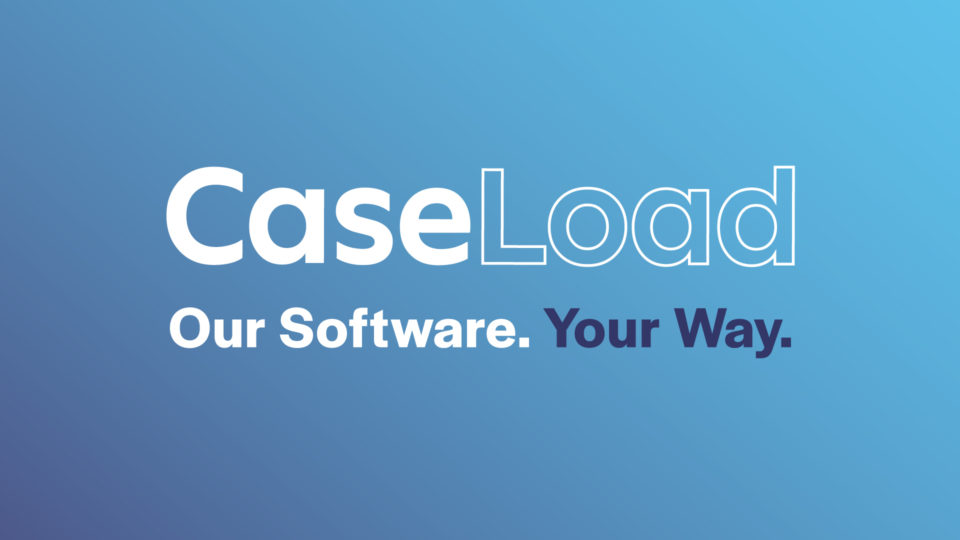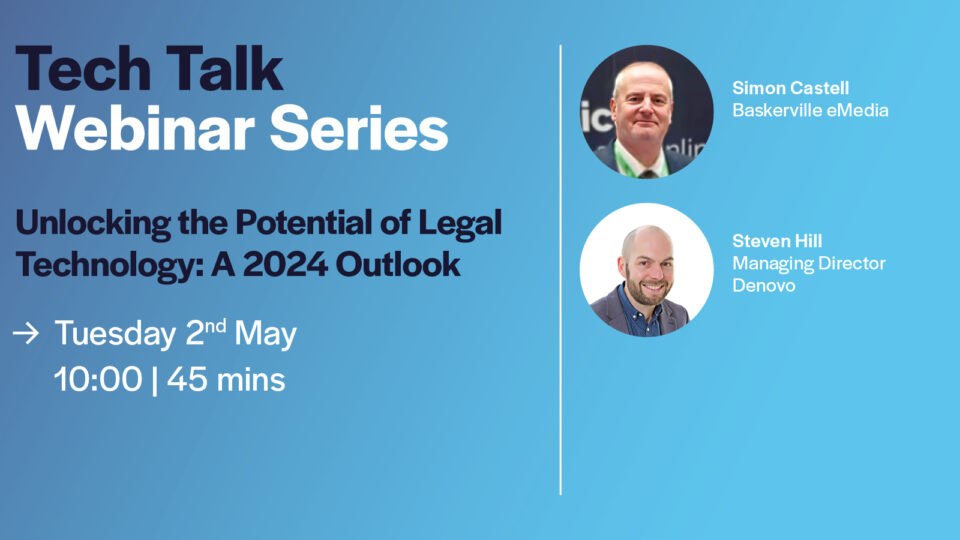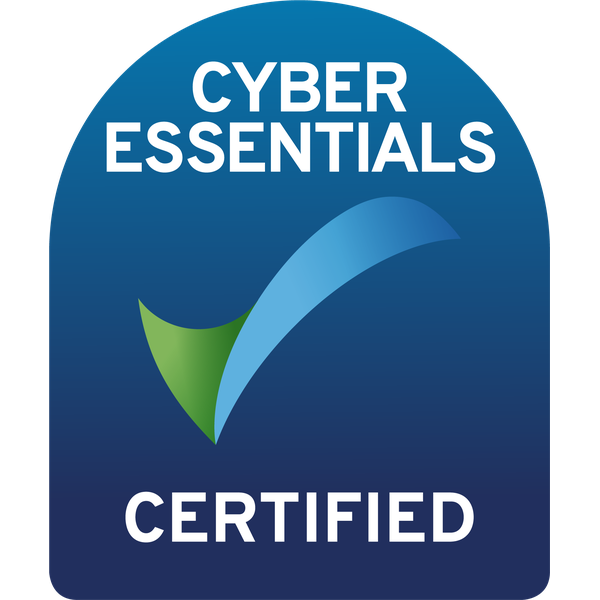Written by:

Grant Yuill
Head of Marketing & Customer Engagement
Nothing kills the momentum of a business transaction like paperwork. You all know what I mean – that laborious process of printing a document, scanning it, revising it, and either setting up an in-person signing scenario or mailing it can eat up all your precious prospecting time.
Nothing kills the momentum of a business transaction like paperwork. You all know what I mean – that laborious process of printing a document, scanning it, revising it, and either setting up an in-person signing scenario or mailing it can eat up all your precious prospecting time. And given the continuous prevalence of COVID-19, it’s going to be extremely rare that a legal professional or client would even consider transacting in-person, making electronic signatures the perfect solution. But beyond that, why would you not want to just make this process a hell of a lot easier anyway?
Transformation
E-Signatures have transformed how legal firms work. You might not believe that, but it is absolutely true. Ian McNaull, Operations & Strategy Director at Jones Whyte Law and early adopter of our recent integration with DocuSign, said; “We turn round hundreds of signed documents every month – most within an hour of being delivered out, accompanied by ID and automatically pulled into our Case Managemnet system, CaseLoad. Implementing e-signatures have clear and considerable legal considerations that must be fully assessed on a case by case basis, in order to reduce risk, but the trend away from wet signatures is unquestionable. It’s faster, cheaper and clients like it, which is why we like it.”
The use of the digital signature allows legal organisations to save costs and devote more time, attention to their clients. Thanks to this technology, it is possible to close contracts with greater agility, in the office or from both a mobile or tablet, without clients having to depend on a set time.
So far, the workflow for dealing with the signing of agreements was tedious. It was necessary to print the documents, sign them by hand, scan them, send them by email or fax to the client and wait to receive them with their signature, and then proceed to file them, after having copied them several times. The result must be a remarkable paper costs, time and space in the office, and a workflow that was dulled waiting to receive the document signed and validated by all the parties.
Nowadays, the notion of doing this is nonsense – surely? As legal professionals, who charge by the hour, you cannot afford to spend any longer than necessary on paperwork. Also, your clients demand more flexibility, without this affecting the confidentiality of the information contained in their documents.
For this reason, more and more legal firms are resorting to the digital signature.
The 8 benefits of the digital signature
These are what we see as the main benefits that a digital signature provides to organisations and legal departments:
- Legal validity: the likes of DocuSign eSignature complies with the EU eIDAS Regulation. They automatically generate and store a robust audit trail for every agreement. In the UK the Law Societies regulate its use, establishing three levels of the digital signature, the highest of which is the qualified digital signature.
- Security: the digital signature is more than a scribble on the screen of a device. Being based on digital certificates, it offers a higher level of security than the paper contract, thanks to the asymmetric encryption it uses. This allows verifying the digital identity of each signer and maintaining the chain of custody.
- Evidence: digital signatures help identify and authenticate signatories and collect data that can later serve as evidence. They also allow obtaining an audit trail if necessary.
- More agile workflow: multiple signatures can be obtained in less time, streamlining administrative and legal processes.
- Cost savings and environmental sustainability: by reducing the amount of paper printed, copied, stamped, filed and, in some cases, destroyed.
- Better time management: By spending less time on document management, legal professionals can devote themselves to more priority tasks, and help their clients fully.
- Access from anywhere and at any time: either outside the office or from home, the digital signature brings the advantage of being able to be used where necessary.
- Software integration: if your case management system has e-signature integrated with document production you can send documents out for signature in seconds to multiple signers. On completion the documents are downloaded back into the system automatically without any user input. Data is then transferred into client data pages, capturing everything at the one time, in one secure location.
Law Firms Data Security
Today lawyers and law firms are becoming familiar with the responsibility to encrypt and safeguard client communications. The way they store and protect data differs, but most small and medium sized law firms store all their important files on the cloud using their Case management system such as CaseLoad.
For any law firm, a data breach could lead to regulatory fines and malpractice suits regardless of the size and stature. Also, the clients will likely choose another provider if their firm suffers any data breach, or they feel that their data is prone to cyberattacks.
E-Signatures offer enhanced audit control to those in the legal sector. The technology helps you secure client’s data by making it accessible to the right people, which means no individual other than the signer will be able to access, forge, and tamper the document. It is established via the make-up of the digital document.
E-signatures integrated with Case Management software also allow your firm to save the client data in multiple locations using the cloud. Since all files get stored on the cloud, it helps in lowering risk and prevents exposure of your clients’ confidential information. This enhances the integrity and security of the documents transmitted to the clients. Your firm can even keep track of all signed and completed documents regardless of their location.
Furthermore, it generates a highly secured electronic record. It has all the important details such as signer information, document version, etc. Some e-Signature providers, like DocuSign, go one step further with signature validation. If anyone copies the e-signature to a fraudulent document, it redirects them back to the original.
Are E-signatures secure?
The idea of putting any personal information or important documents on the Internet can be a bit scary for some clients. However, the security measures tied to DocuSign have come a long way since their inception, which is why they’re trusted by over 500K businesses and enterprises around the world.
A lot of behind-the-scenes technological stuff happens when you double-click the new signature button on an electronic document in order to make sure the signers are who they say they are and that the information within every file format remains secure.
When you couple this added level of security with the convenience of the time saved using Denovo’s Case Management software – Caseload, the question of “why use them?” becomes “why am I not using them?”
Safe, Professional and Convenient
The key to using electronic signatures is to pick a reputable service provider that’s willing to explain the security measures it has in place for when your recipients fill & sign documents.
Be aware, that no matter the size of your firm, hackers are constantly exploring new ways of accessing information. Thus, law firms must take the necessary measures to guard client information. The great way to do that is by empowering your teams to create a strong defence and use E-signature technology.
With electronic signature technology your law firm is guaranteed to save human time and prevent hundreds of hours of hassle and waiting. Furthermore, multiple signatures can be obtained with ease and in minimal time, thereby streamlining your legal and administrative processes. There are also no paper printouts that mean a low risk of compromising client data. In fact, your clients documents are saved on the cloud, so you can access them securely whenever required.
It seems unlikely that digital signatures will fully replace handwritten signatures in the foreseeable future. Handwritten signatures have a lot going for them – they are fast, cheap and easily understood. However, as the landscape of how we interact with other people in our personal lives and in business changes, is it not the right move to react and offer the most professional and convenient client experience you can?
Arrange a Demo of our Legal Case Management Software
To find out more about the benefits of E-signature and how to introduce it into your firm please complete our online contact form, call us on 0141 331 5290 or email info@denovobi.com.












